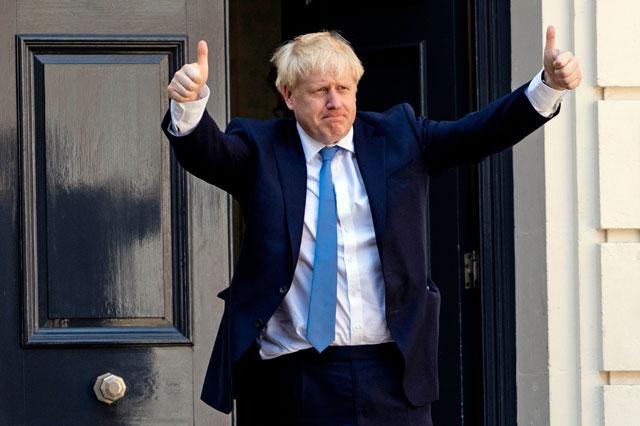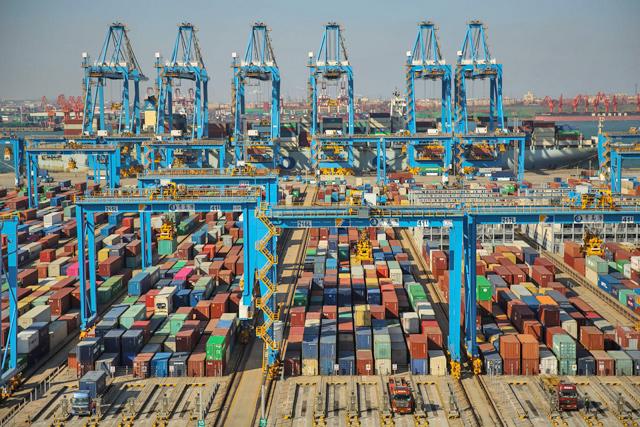You are here
Brexit crisis deepens UK polarisation — scholar
By Saeb Rawashdeh - Sep 16,2019 - Last updated at Sep 16,2019
AMMAN — Brexit continues to divide the UK, as is apparent from the continued political stalemate, according to a British scholar.
After three years of a stalemate, the new Prime Minister Boris Johnson wants to leave the EU with or without a deal on the October 31, but parliament has just passed a law mandating him to seek an extension to the Brexit negotiations with the EU if he cannot secure a deal before mid-October, Professor of Public Policy and Director of the Institute for Policy Research at University of Bath Nick Pearce has said.
“If he refuses to do this, he may have to resign. Whatever happens, the UK is likely to have a general election in November,” Pearce, who served as former head of the No. 10 Downing Street Policy Unit to former prime minister Gordon Brown, told The Jordan Times in a recent e-mail interview.
The hope is that it returns a new government with a fresh mandate to resolve the Brexit crisis, one way or another, he added.
However, the fear is that it will result in another hung parliament in which no side is sufficiently strong to overcome the blockages, Pearce explained.
Although there is a speculation about the cancellation of the Brexit or organising the second referendum the professor thinks this parliament will not do that.
“Only after a general election and a new parliament is elected might it be possible to hold a second referendum. Even then, it would probably require a short lived coalition government of Labour, the Liberal Democrats, the Scottish National Party and the Greens to push through the legislation needed for another referendum,” Pearce pointed out.
The polarisation within the British society increased xenophobia towards minorities and according to a reported rise in hate crimes around the time of the referendum in 2016 and a rise in activities of far-right movements and groups, the UK has not experienced the kind of widespread hostility to Muslims seen in many other EU countries, he noted.
Regarding possible scenarios in the near future, Pearce said: “A further delay is now possible, given that parliament has legislated to stop the UK leaving without a deal at the end of October, but whatever happens, Brexit has given rise to new divisions in the UK and looks likely to restructure the political party system.”
Also, the territorial integrity of the UK is also affected by this crisis, he added, noting: “The future of the UK itself is also at stake - will Scotland remain in the UK after Brexit, and will it be possible to preserve peace and restore power sharing in Northern Ireland.”
“Brexit will make it harder to trade with the EU and that will make Britain poorer in the long run than it might otherwise have been. But in the end, the damage may be as much, or more, political than economic,” Pearce concluded.
Related Articles
LONDON — Boris Johnson won the race to become Britain's next prime minister on Tuesday, heading straight into a confrontation over Brexit wi
GENEVA — The International Air Transport Association (IATA) forecasts the global airline industry net profit to be $35.5 billion in 2019, sl
GENEVA — Despite the slowdown in air travel since early 2018 as a result of the trade war, in particular, this year has seen a broad range o

















